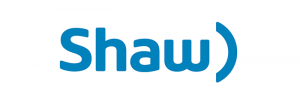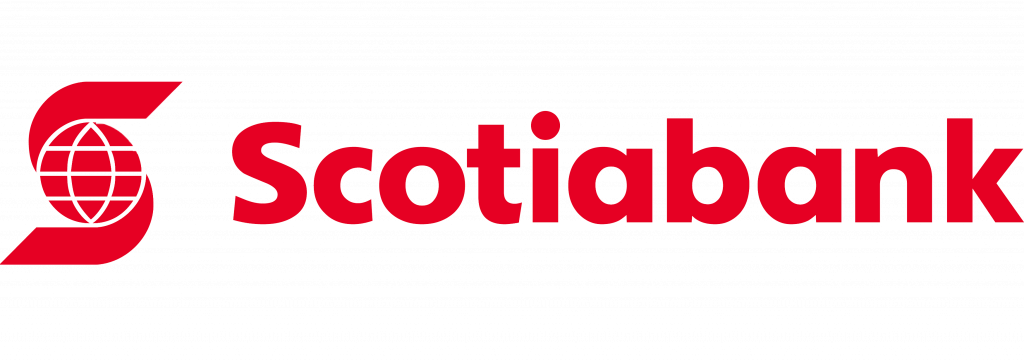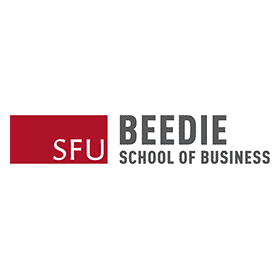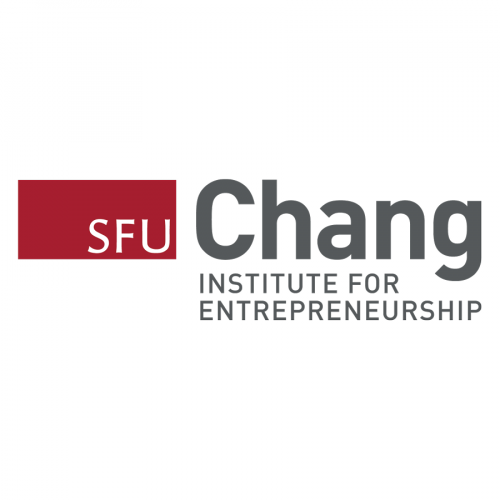This blog was written by Aslam Bulbulia, Fellowship Co-Host.
On May 8th, 2019, the RADIUS team had the privilege of learning from the Raven Institute who came to our classroom to share teachings with us on Canada’s shared history through an Indigenous lens, and lead us through reflections on cultivating respectful relationships and building bridges within differing worldviews. What stood out the most for me was an embodied activity that allowed us to reflect on how society was structured pre- and post-colonialism.
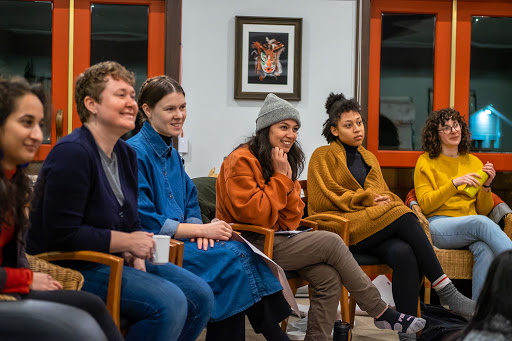
Pre-colonial contact had those playing the role of children at the centre of a circle, surrounded and cared for by the elders and the warriors around them. Residential Schools, the Sixties Scoop, and modern-day foster care remove children from Indigenous communities and the traumatic impacts of this are felt by all. Today, our society is less circular and more linear. In the second embodied exercise we were asked to organize ourselves with money as the goal at the front of the room. We lined up in rows which showed how easily we could access those it, and while the circular structure allowed us to see one another, feel connected, and invest in the next generations; whereas, the linear structure had us isolated, in constant competition, and having little room to care for one another.
When thinking about how the RADIUS Fellowship might prepare the next generation of leaders to take on the challenges of the future, it’s this circular model I keep coming back to. We need to have our young people at the centre, receive guidance from our elders who have wisdom to share and support our warriors doing the frontline work. By changing the structure, I hope we can keep promoting shifts in our culture from competition to care.
In line with this thinking, we have made some changes to the RADIUS Fellowship program for 2020 that we hope will support us in this vision:
- Centring the leadership of Indigenous people
- Bringing in our “elders”
- Increasing the capacity of our facilitation team
Some of these changes might seem surprising for a social innovation centre, but as we reflect on our decolonization journey, we recognize that what is often branded in innovation is old wisdom. For example, one of the most pressing challenges our young leaders have to face will be around the climate, and who better to learn from than those who have stewarded this land since time immemorial? This year, in recognition of the harms of settler colonialism, we are offering full bursaries to Indigenous people from these lands to support their leadership development.
We now have an Advisory Committee to help guide the Fellowship’s growth, bring in a layer of community accountability, and support the hosting team. The advisory team will host some of the Fellowship sessions, meet Fellows in small groups for mentorship, attend some of our opening and closing sessions, and support the co-hosts. The committee this year consists of exceptional leaders from within the RADIUS family, as well as those able to provide an external lens and include: Michelle Nahanee, Vanessa Richards, Camille Dumond, Alexander Dirksen, and Candice Day.
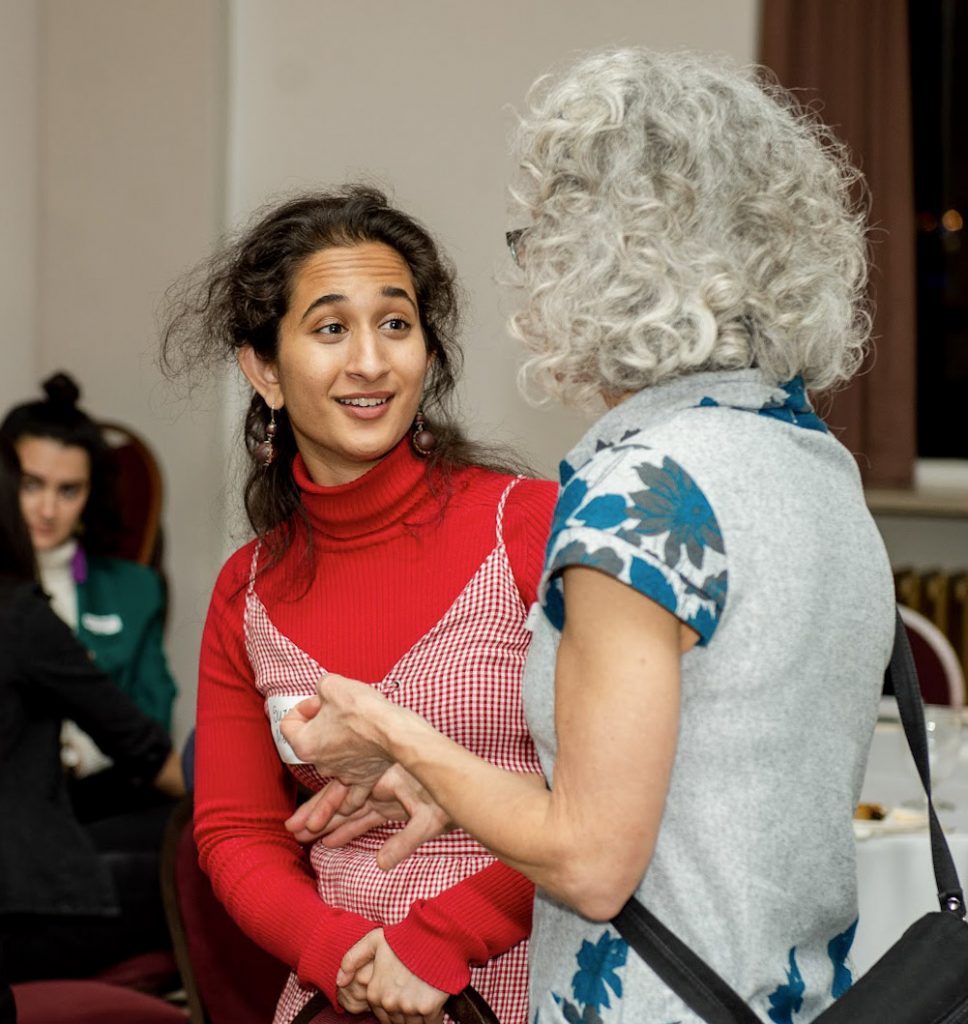
I am pleased to be welcoming Laura Gaaysiigad Cuthbert and Nigel Mojica to host alongside me, with Leah Sanford supporting us. I believe in the new team’s abilities to provide a rich and meaningful experience for the Fellows. Jannika Nyberg, who co-hosted last year, has moved on to teach full-time, and Tamara Connell who has stewarded the Fellowship to where it is today, is preparing to move onto the next steps in her career. I’m grateful to Jennifer McRae who built the fellowship and hosted it in year one, all the members of the RADIUS team, alumni and community who’ve been a part of the Fellowship’s development and delivery over the years. Thank you for the stewardship and lessons learned and shared.
Read more about the Advisory Committee and new team here.
Apply before 12 January, 2020, for the next cohort of the RADIUS Fellowship.
